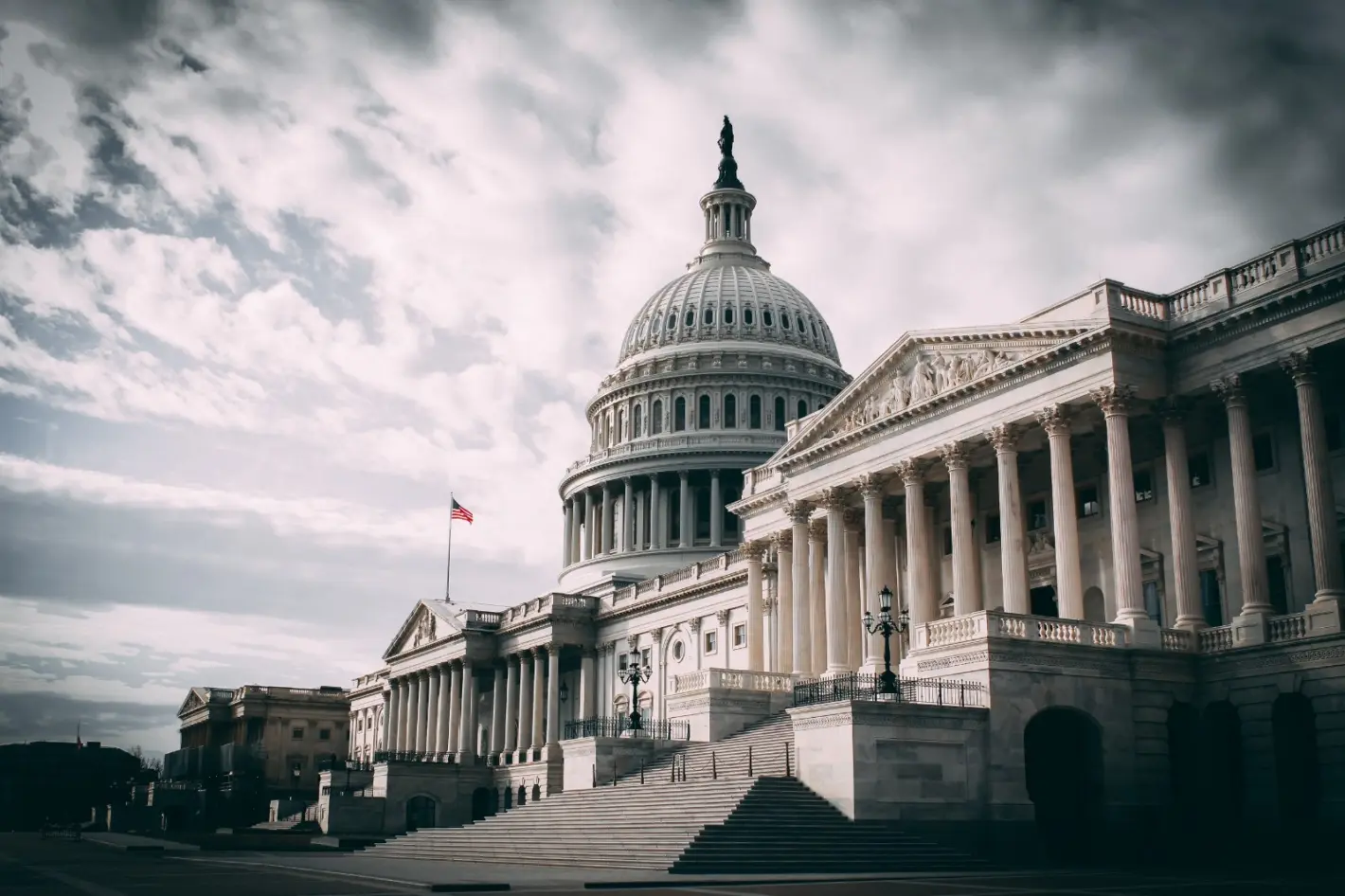The US Senate has proposed a bill aimed at improving the security and interoperability of Unified Communications (UC) and collaboration platforms used by the federal government.
Spearheaded by US Senator Ron Wyden of Oregon, the Secure and Interoperable Government Collaboration Technology Act mandates strict cybersecurity measures and interoperability standards for platforms used by the government such as Zoom and Microsoft Teams.
The bill requires Zoom and Teams to work together
The proposed bill, as reported by The Verge, underscores the necessity for government tools to seamlessly communicate with each other, regardless of their providers. This initiative aims to foster collaboration among agencies while fortifying cybersecurity measures. It includes the adoption of end-to-end encryption protocols.
Senator Wyden emphasized the significance of ensuring government communications remain shielded from foreign surveillance. The government can ensure it by implementing encryption technologies across all major collaboration platforms.
Furthermore, the bill addresses the evolving landscape of federal record-keeping regulations by mandating compliance enforcement within collaboration software. It highlights the importance of maintaining official records within dynamic collaboration environments. Examples of these include video conferencing, text messaging, and live document editing platforms.
The NIST will establish interoperability standards
One of the key provisions of the bill tasks the General Services Administration (GSA) with compiling a comprehensive inventory of UC and collaboration technology tools utilized by the federal government. This inventory encompasses a wide array of functionalities, including video conferencing, file sharing, scheduling, and document editing capabilities. Subsequently, the National Institute of Standards and Technology (NIST) will establish interoperability standards to facilitate seamless communication across diverse platforms. It will also prioritize the integration of end-to-end encryption to safeguard sensitive government communications.
UC&C businesses will be granted a four-year grace period to align their tools such as Zoom and Teams with federal procurement requirements. It should ensure compliance with the established standards. Additionally, a joint working group comprising the GSA and the Office of Management and Budget will conduct periodic evaluations of government technology usage. It’ll recommend revisions to standards as necessary.
Concurrently, the Department of Homeland Security will conduct cybersecurity assessments to ascertain the resilience of collaboration tools against potential threats.
Support for the bill extends beyond governmental circles, with advocacy groups like Accountable Tech, Demand Progress, and Fight for the Future, as well as encrypted communication service provider Proton, endorsing its objectives. The proposed bill represents a significant step toward ensuring the integrity, security, and interoperability of collaboration platforms. It is actually important in this in an increasingly digitized world.
We are seeing governments across the world mandating interoperability of such platforms. The EU Digital Markets Act (DMA) has already implemented stricter restrictions on certain messaging services. As a result, Meta has to “be ready to enable interoperability with other services within three months of receiving a request”. It mandated support for one-on-one chats and file sharing including images, videos, and voice messages. In response to DMA’s regulations, Meta’s Whatsapp agreed to interoperate with third-party messages last month.

